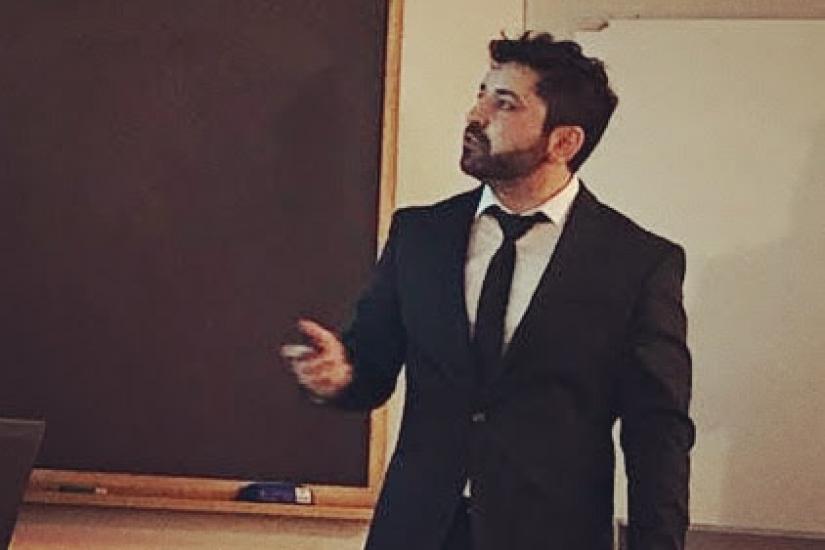
ABSTRACT | Traditionally, the research on higher education policy has been focused on how different factors, such as quality of institutions, income level, among others explain or predict certain outcomes of the system such as the increasing drop-outs rates or students’ retention rate. However, the complexity associated with the higher education system requires to incorporate its emergent properties for a comprehensive understanding of the system. This is the reason of why linking the choices of applicants to higher education, to wider structural organizing principles of higher education systems has to be a focus in higher education research.
Here we propose a data-driven approach to unveil the interdependence structure between degree programs in the Higher Education Systems of Portugal and Chile by taking the revealed preferences of applicants. We show that these structures are highly organized and share many topological features in common although stemming from different socio-economic contexts. Moreover, we link the emergent structure to individual measures of gender balance, supply-demand ratio, application scores, unemployment levels, and geographical mobility of students in degree programs, they exhibit significant auto-correlation patterns that extend up to two or three degrees of separation.
These findings confirm the existence of influences between degree programs implying that some external shocks to the systems could diffuse over the network. The findings also suggest that the macrostructures respond to the same transcultural mechanisms. Finally, the autocorrelations confirm that idiosyncrasies exist not only in the way in which people apply to educational programs but also in the way in which the market judges specific fields of study.
BIO | Cristian holds degrees in social complexity science (MSc, PhD (c)) and has a background in Physics (BSc, MSc, Eng). He is currently a visiting Ph.D. student at the Department of Network and Data Science at CEU, and a research fellow at the Center for Social Complexity (CICS) and Collective Learning Group at the MIT media lab. His research interests range from the study of collective memory and knowledge diffusion to experimental game theory and applied network science.